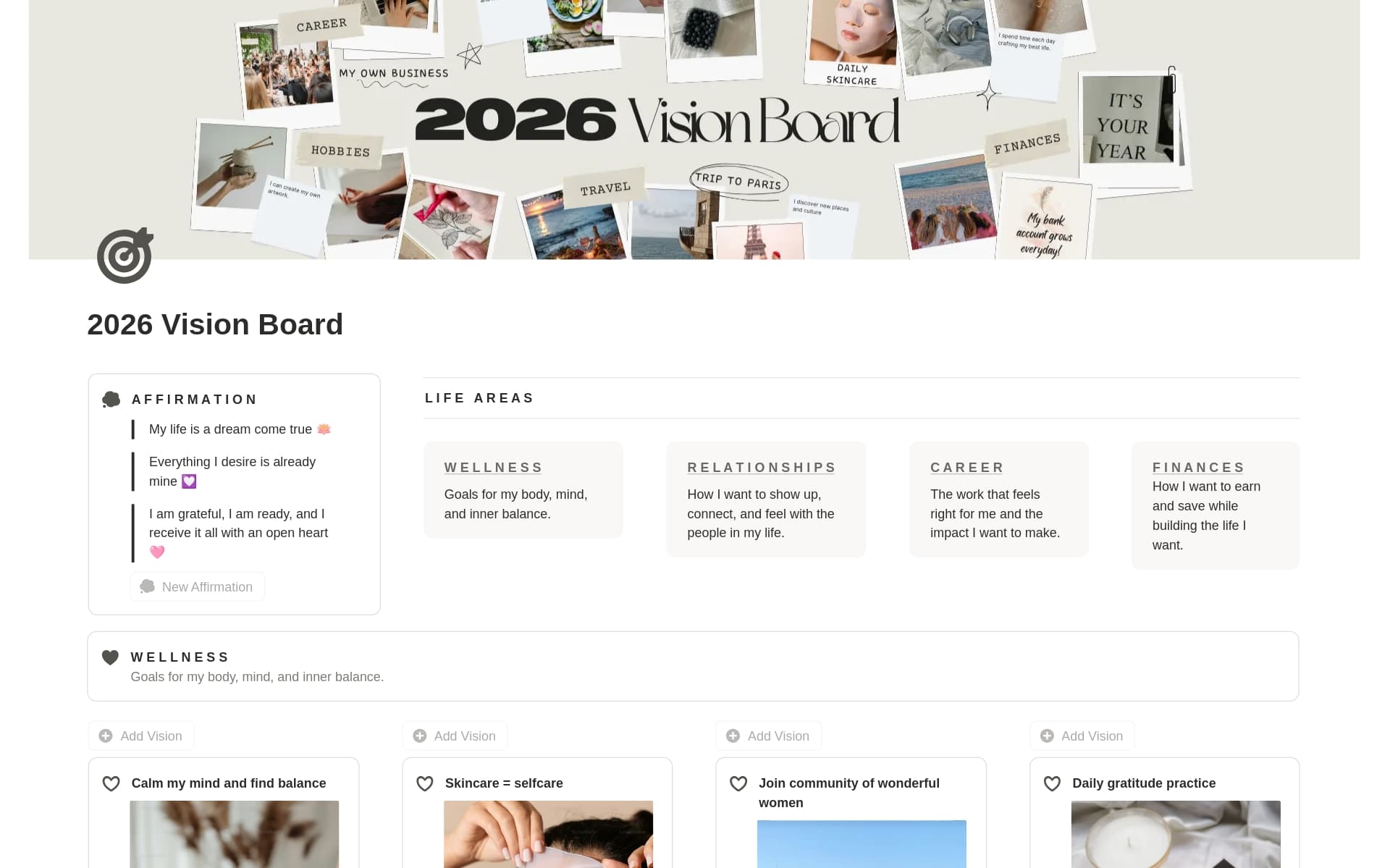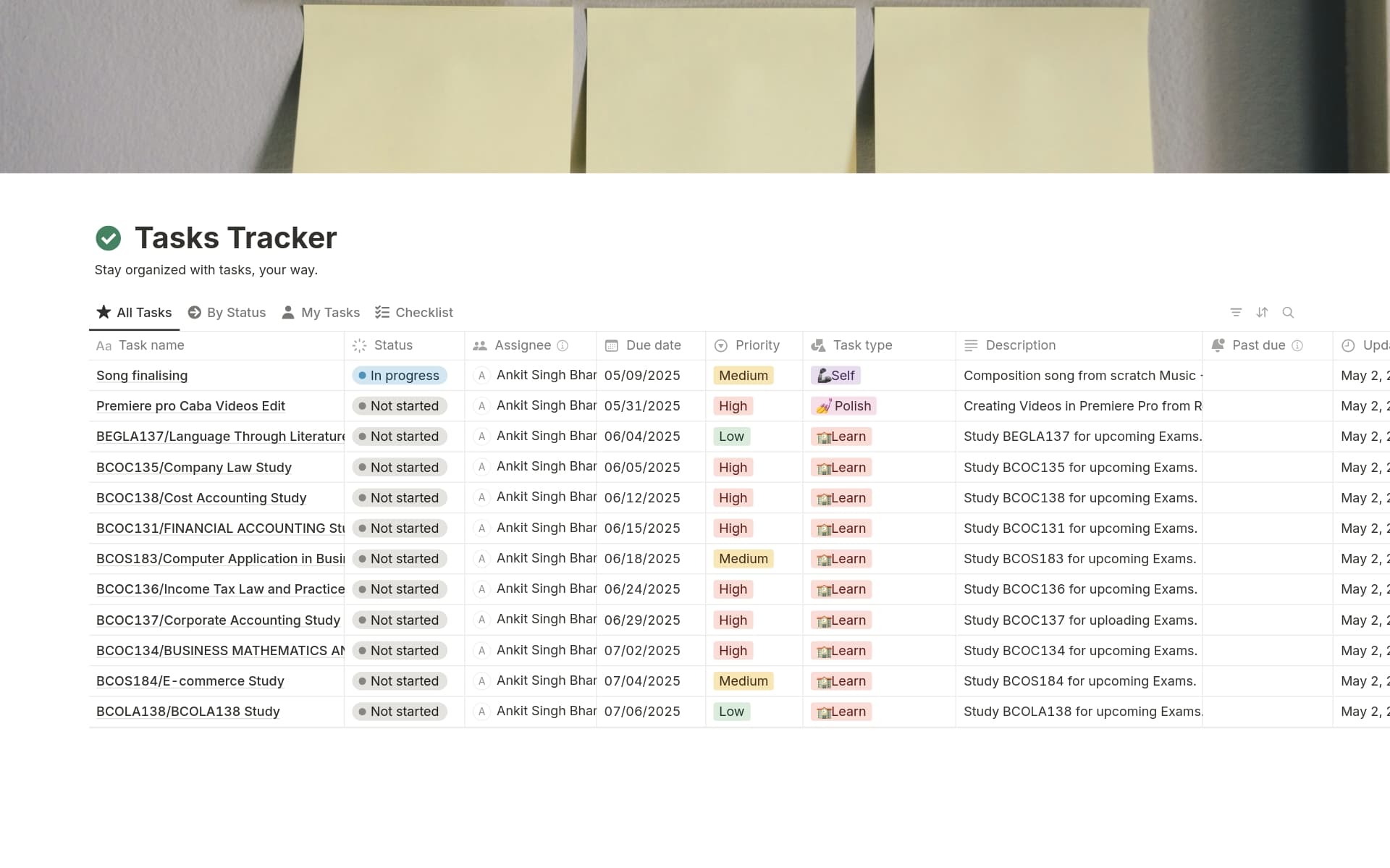Notion's sprint retrospective templates provide an effective way to assess project success, identify opportunities for improvement, and drive continuous improvement across your organization. Customize your templates to meet your specific needs and start taking your team's productivity to the next level.
What Should Retrospective Templates Include?
Choosing the right retrospective template can significantly enhance your team's review process. Here are key components to look for in a Notion retrospective template:
Clear Objectives: The template should clearly define the goals of the retrospective to ensure that every participant understands the purpose and what is expected of them.
Actionable Items: It should facilitate the identification of actionable steps that can be taken post-meeting to improve processes or resolve issues.
Participant Roles: A good template will outline the roles of each participant, helping to structure the discussion and ensure that everyone contributes.
Feedback Mechanisms: Look for templates that include structured ways to gather and organize feedback, which is essential for continuous improvement.
By focusing on these components, you can select a retrospective template that not only fits your team's needs but also enhances productivity and fosters a culture of continuous improvement.
What Should Retrospective Templates Avoid?
Choosing the right retrospective template in Notion can significantly impact the effectiveness of your team's reflection sessions. It's important to know what features may hinder rather than help.
Overly Complex Layouts: Templates with too many sections or complicated navigation can confuse users and detract from the main goal of reflection and improvement.
Fixed, Non-Customizable Fields: Avoid templates that don't allow you to modify fields and sections. Flexibility is key to tailoring retrospectives to specific team needs and goals.
Excessive Automation: While some automation can be beneficial, too much can make the retrospective feel impersonal and discourage active participation and honest feedback.
Ultimately, the best retrospective template is one that facilitates clear, concise, and constructive dialogue within your team, fostering a culture of continuous improvement.




